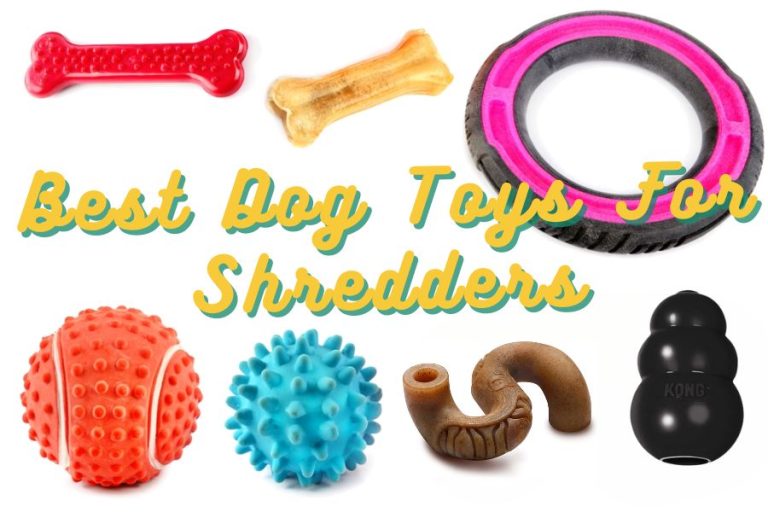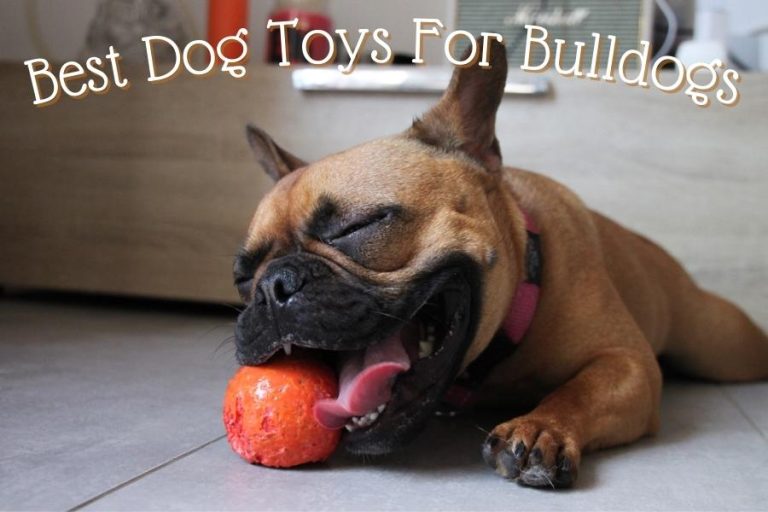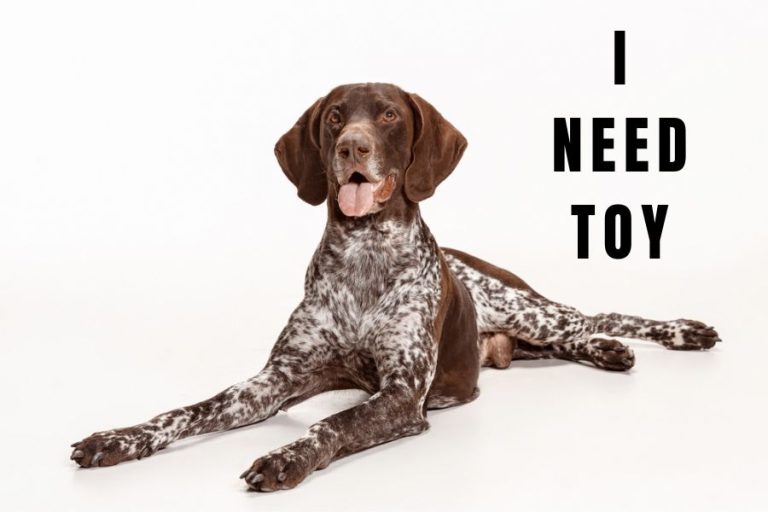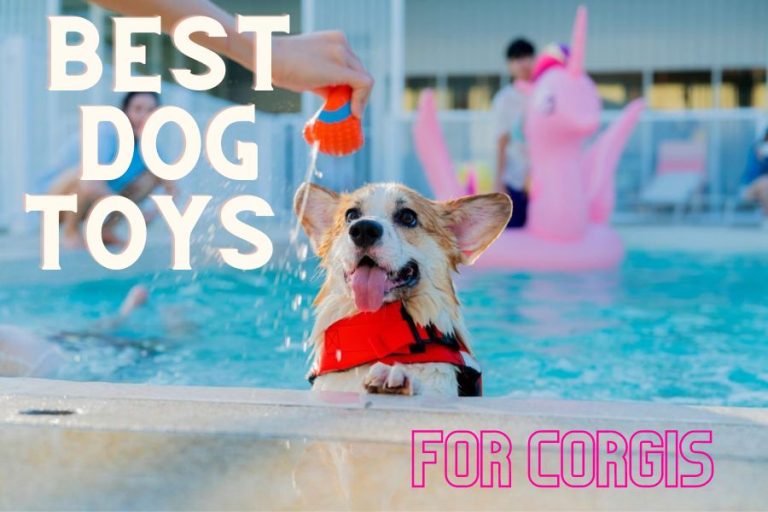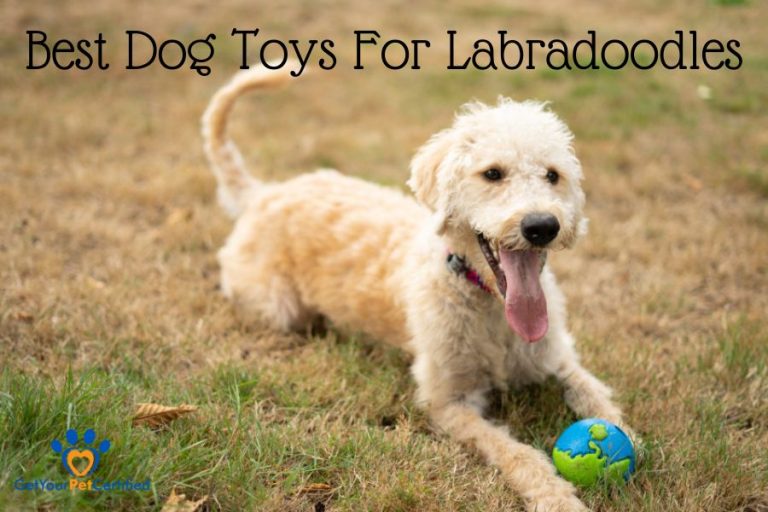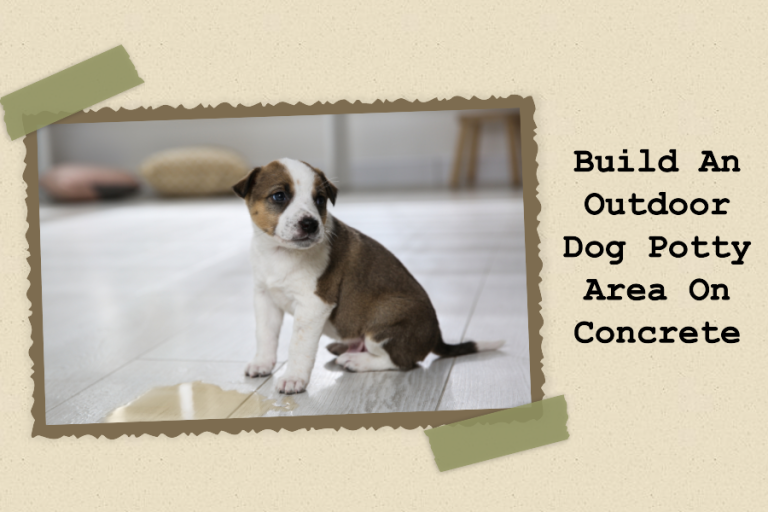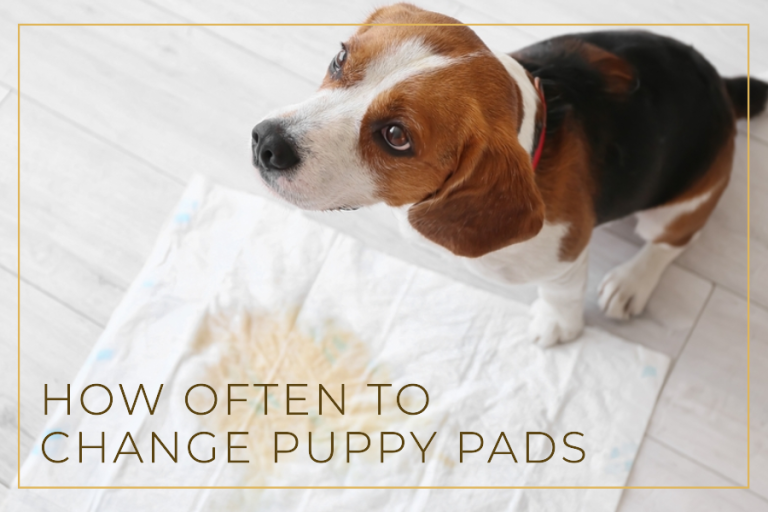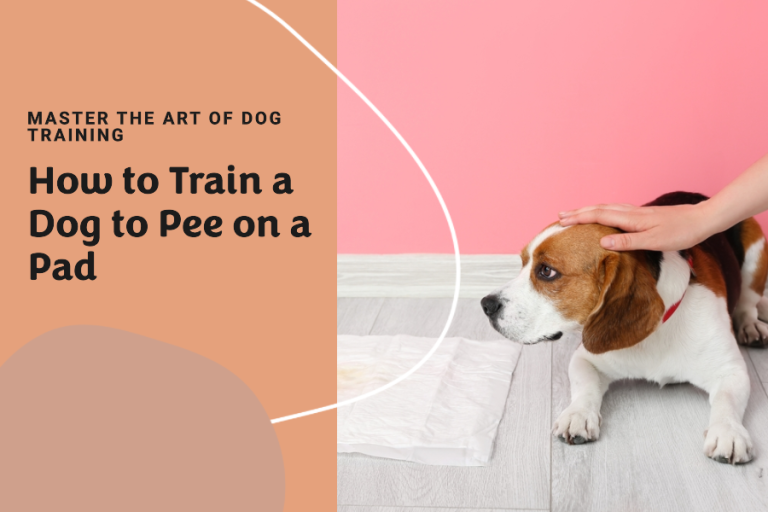What to Do With An Aggressive Chewer Dog?
Our dog can potentially chomp anything, whether it’s your favorite pair of shoes, cherished pillow, or important documents. As pet owners, we usually face property damage and wreak havoc on our belongings.
So what to do with an aggressive chewer dog? Addressing chewing habits goes beyond simply saving our stuff.
Try to coexist with chewing behavior provides your dog with a safe environment in which to live and entertain themselves. In this post, we will explore effective strategies to manage your dog.
Why Do Dogs Like to Chew Everything?
Dogs may naturally indulge in chewing and tearing activities. These behaviors can be explained by their instincts, physical demands, and emotional states.
Instinctual behavior
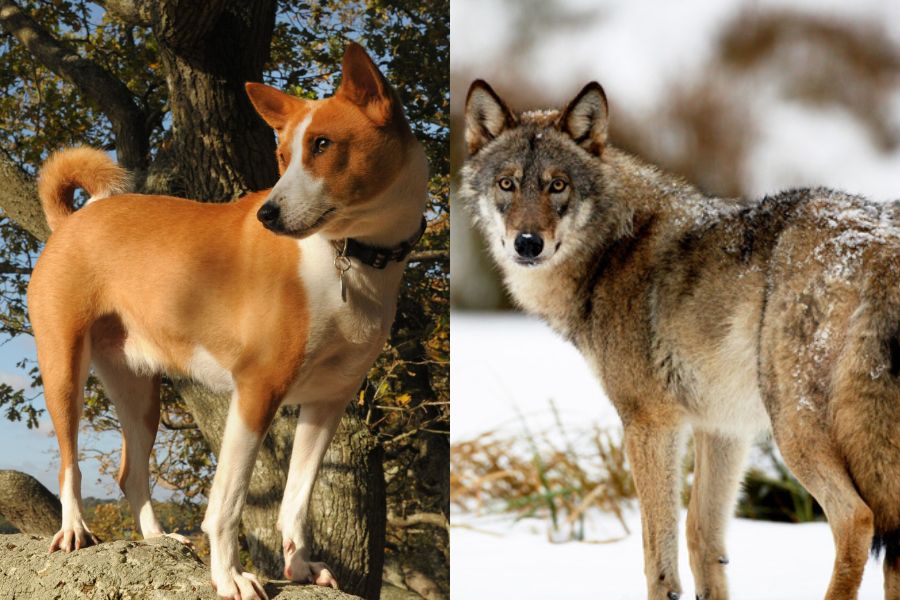
Dogs are descendants of wolves, and shredding or tearing things apart is an instinctive activity passed down from their wild ancestors. In the wild, tearing apart prey lets them access the nutritious components while also satisfying their innate chewing and ripping instincts.
Boredom or stress
Dogs may chew when they are bored or don’t have enough mental exercise, physical exercise, or playtime. Chewing gives them something to do and keeps them from being bored.
In worse situations, when dogs have separation anxiety or are under a lot of stress, they can even destruct things around them. This can happen more often when the dog is alone or in unfamiliar situations.
Exploration and curiosity
Dogs use their mouths to explore the world, and chewing can happen when they are curious about the target objects.
They then get access by gnawing on things as a way to gather information about their environment. They tear things apart to investigate their texture, smell, or taste.
Teething
Dogs will fall into the teething phase around 3–8 months of age. During this time, dogs may chew and shred objects to relieve discomfort in their gums. Teething puppies often seek out items to chew on to soothe their sore gums and help their new teeth break through.
Read more: What are the benefits of dog chewing?
Should I Stop My Dog From Aggressive Chewing?
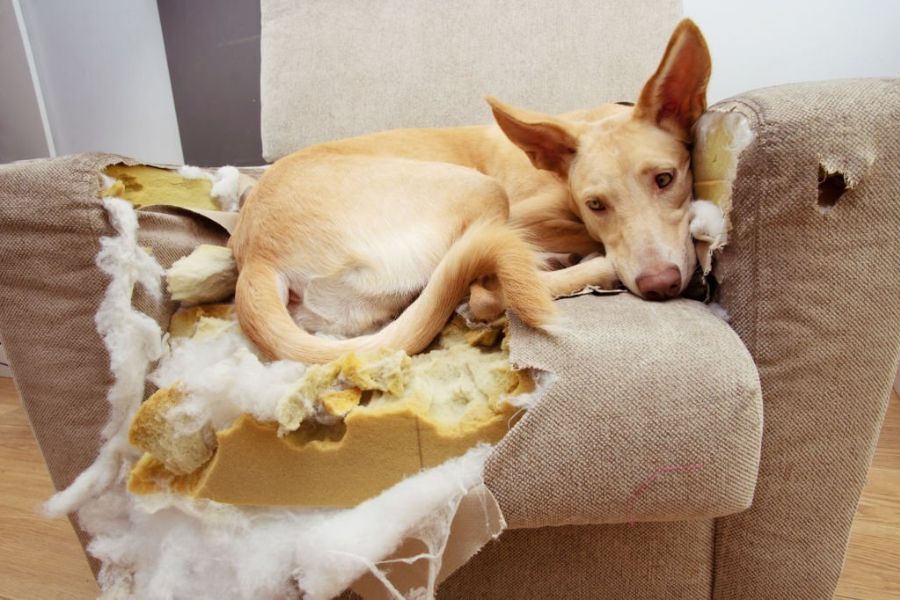
You shouldn’t completely forbid your puppy from engaging in activities that appeal to his instincts.
Determine whether your dogs engage in occasional, mild shredding or excessive, often harmful chd.
Occasional shredding may not be a problem if the dog has suitable alternatives and maintains overall balanced behavior.
Chewing behavior just becomes “bad” when it has some impact on your dog’s well-being and your house’s property.
You need to address the underlying issues behind your dog’s impulsive act.
Pet parents should supply their dogs with appropriate means, such as toys or a good atmosphere, to aid their natural instincts.
If your dogs do not have access to proper chew toys, they may nibble household items.
What To Do With An Aggressive Chewer Dog?
Dogs need consistency training and good reinforcement to control their bad chewing behaviors. Changing the dog’s environment and giving them suitable alternatives can encourage desired behaviors.
Provide appropriate chew toys
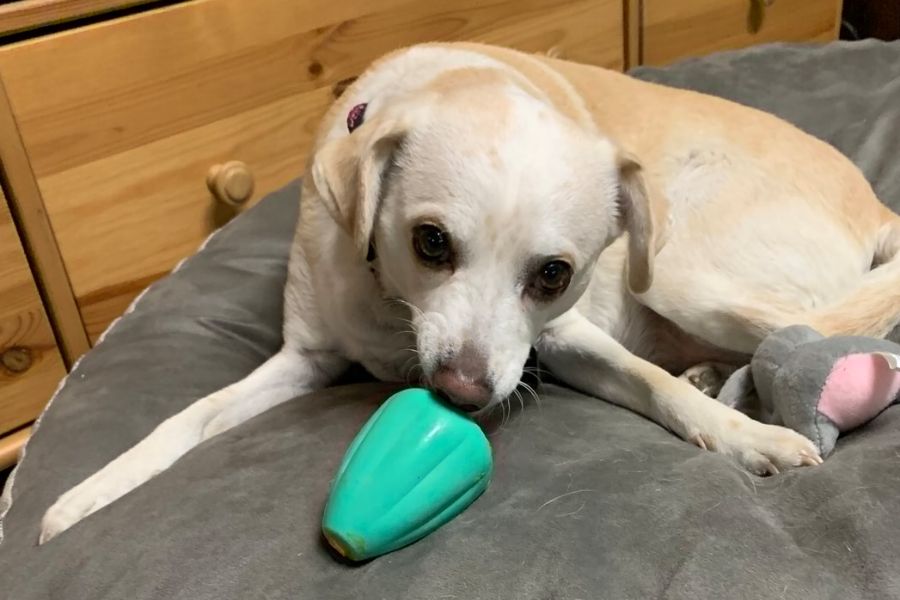
Give your dog some durable and safe toys. These toys are designed specifically for dogs to chew on so that dogs won’t find other items in your house.
The use of interactive toys or food puzzles is one way. These toys are intended to present mental challenges. Coupled with a rewarding experience. They often require the dog to solve issues or manipulate the toy in order to gain access to hidden goodies or food.
Or consider frozen toys or bones as alternatives. They are helpful in relieving dogs who have a strong need to chew or shred things. The frozen texture gives a longer-lasting challenge and, above all, hours of entertainment.
Related: What kinds of toys are good for dog chewing?
Puppy-proof the environment
If you have a young puppy or a dog who likes to chew everything in his reach, and you can’t watch for them continuously, think about puppy-proofing your home:
- Keep valuable or easily damaged items out of your dog’s reach
- Store shoes, clothing, and other personal belongings in closed closets or drawers
- Use baby gates or crate training to restrict access to specific areas of the house
Use positive reinforcement training
Positive reinforcement techniques should be used to gradually improve your dog’s behavior. Positive reinforcement simply implies rewarding desired behaviors. And as a result, it encourages your dog to repeat them in the future.
Teach your dog basic commands such as “leave it” and “drop it”. Constantly train him on how to respond to these commands. Through time, you can divert your dog’s attention away from the items he wishes to tear apart. When your dog obeys the commands, reward them with treats, praise, or playtime.
Provide mental and physical stimulation
A bored dog is more likely to engage in destructive behaviors. As such, make sure your dog receives enough mental and physical exercise.
Make a regular plan to keep him or her stimulated and satisfied. Spend time with him/her, engage in frequent play sessions, go for walks or runs, and provide puzzle toys or interactive feeding toys that mentally challenge them.
Manage separation anxiety
Just like us humans, it’s bad if our dogs lack bonding and social activities.
If your dog nibbles on your things when left alone, it may be he has some separation anxiety. Perhaps you’re leaving your dog alone quite often. Spending more time with your beloved pet will solve the problem, but it’s also not easy, especially in our hectic daily lives.
You will need to use progressive desensitization and counterconditioning approaches. Consult a professional trainer or behaviorist if necessary.
Other useful approaches include scenting items with your scent, and using relaxing tools such as pheromone diffusers may help ease anxiety.
This is recommended not only to keep puppies from shredding but also to provide her with a decent living status.
This is by far the most difficult but also the most urgent because it relates to a mental disorder. So act quickly if you don’t want to regret it in the end.
Wrap it Up
In general, the best strategy to prevent aggressive chewing is to closely observe your dog. When a dog gnaw on an inappropriate item, don’t be freaked out and angry at them. Instead, intervene quietly and shift their interest to an acceptable chew toy, or, engage them in another activity.
If the chewing habit still occurs or becomes more excessive, think about consulting a veterinarian or a dog trainer. So that you can identify any underlying concerns and have proper training advice.
Scroll through our best choice on indestructible chew toys here


